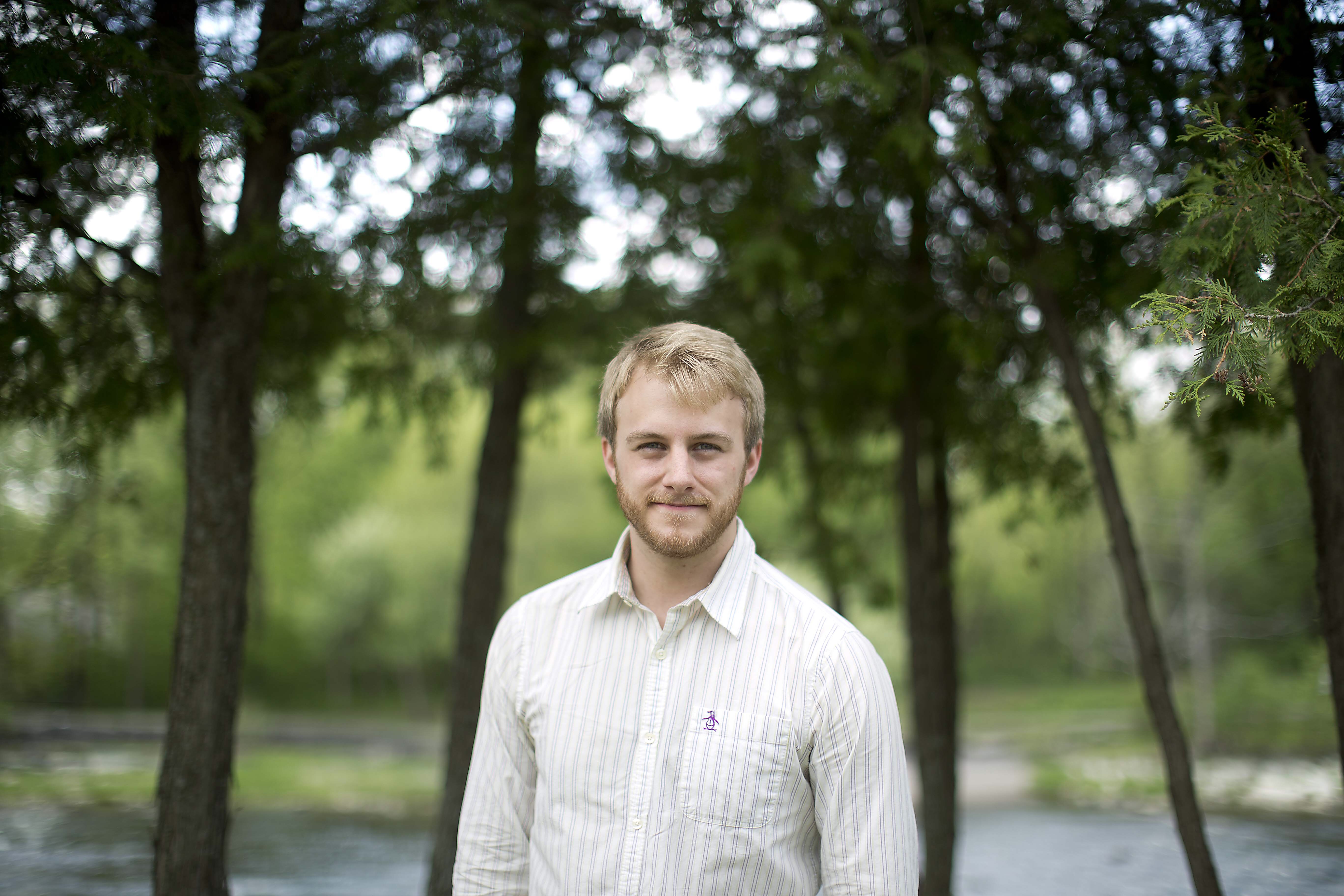Thrive Global: What you do you think are the biggest roadblocks to being productive and focused in today’s workplaces?
Chris Bailey: That’s easy: it’s the number of distractions that surround us. In the moment, a distraction is any object of attention that’s more attractive than our work. Surfing Facebook will always be more fun than writing a report; checking email will usually be a more attractive task when compared with updating your team’s quarterly budget. On top of the distraction roadblock, another is that we’re interrupted quite a bit. One recent study found that when we work in front of a computer, we work for an average of just 40 seconds before we’re distracted or interrupted by something else, whether it’s a notification about something that’s often pointless, or get pinged with a new email message.
TG: In your book The Productivity Project, you write about the various focus strategies you tried. What worked best and what didn’t work so well?
CB: Many of these strategies were ones I experimented with during my Year of Productivity project. Something I learned quickly is that trying to use willpower to resist distractions can suck the life out of you. We’re fighting an uphill battle when we do this. Distractions are so much more appealing than what we ought to be doing, and we expend a ton of energy and willpower resisting them when we’re not careful.
What works is taming these distractions ahead of time. What I’ve found helps is having two working modes: a distraction-free mode, where you can hunker down and focus on one task with zero distractions, and a reduced-distraction mode that you work in the rest of the time. Downloading a distraction blocker like Freedom or Cold Turkey will go a long way toward making you more productive and focused in each of these modes. They block you from accessing distracting apps and websites in the first place!
TG: What’s the most surprising thing you learned about our ability to focus while researching and writing your book?
CB: I found it surprising how instinctual we are in deciding what to focus on. By default, we pay most attention to something that’s one of three things: novel, pleasurable, or threatening. The thing that’s so stimulating about most social media, cable news shows, or TV shows is that they provide a steady stream of all three. That’s why we can’t look away.
On the other hand, our most productive tasks are significantly less novel, pleasurable, and threatening—unless we’ve got a deadline approaching. Paying attention to important tasks is more difficult, because in the moment, they’re less attractive to us. When we resist doing something, our mind squirms and looks for more attractive alternatives. This is when we procrastinate, waste time, and distract ourselves on the internet. Taming distractions in advance is critical.
TG: What are some small steps people can take today to sharpen their focus and increase their productivity?
CB: First, pick an important task you want to do—it doesn’t have to be urgent. Then, consider how long you’d be comfortable focusing on just that one task. Even committing as little as 10 minutes of dedicated focus is a good start.
After you’ve done that task for the amount of time you chose, reflect on what you accomplished during that period. The best productivity advice is self-reinforcing: when we see how much that advice helps us accomplish, we want to keep going. Hyperfocusing on one thing—where we bring our total attention to one task at a time—is another of these ideas. You’ll be blown away by how much more you’re able to accomplish—15 minutes of focused work is better than an entire afternoon of working in a frenzied state.


